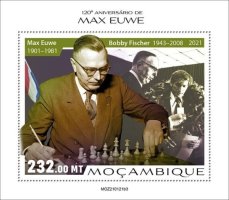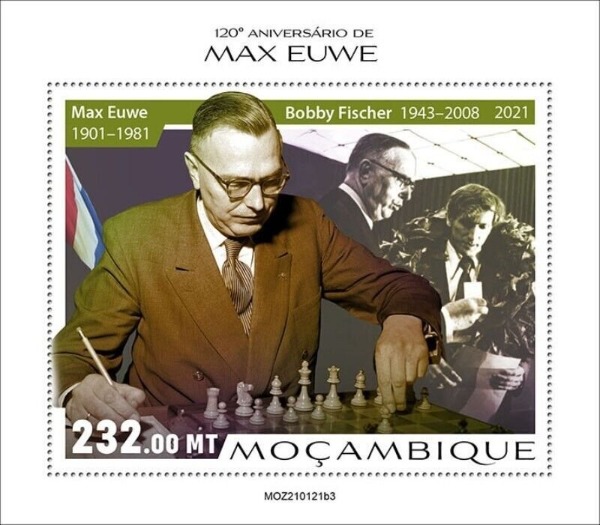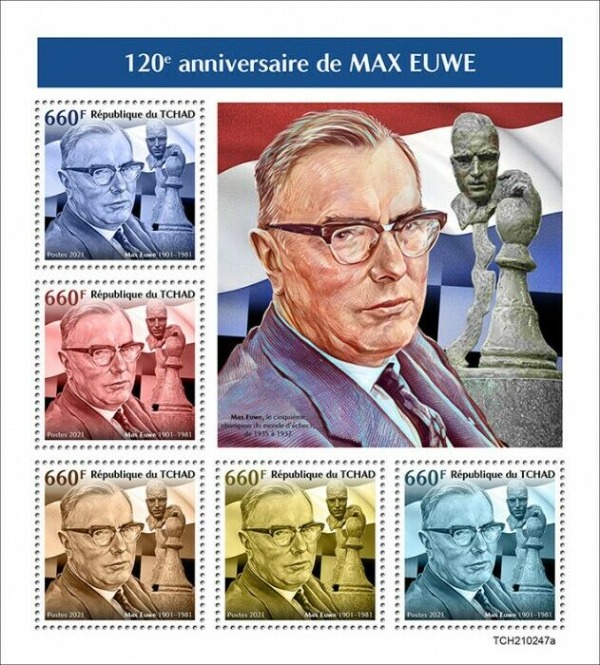
The Dual Genius of Max Euwe
13.05.2024 07:13 | HistoryExplore the remarkable life of Max Euwe, a figure not only celebrated as a world chess champion from 1935 to 1937 but also revered for his significant contributions to mathematics.
Max Euwe, commonly known by his nickname rather than his full name, Machgielis Euwe, is famed primarily for his chess prowess during his tenure as the world chess champion from 1935 to 1937. Beyond the chessboard, Euwe was also an accomplished mathematician, dedicating a significant portion of his life to the discipline.
Born to Elisabeth and Cornelius Euwe, a teacher who instilled in him a love for chess, Max was a prodigy who mastered the game under his parents' tutelage by the age of five. His academic journey was equally impressive, excelling in mathematics during his schooling in Amsterdam. By ten, he was already competing in and winning chess tournaments, joining the Amsterdam chess club at twelve.
Euwe's educational path led him to Amsterdam University, where he studied mathematics, seeing it as a tool to enhance his strategic thinking in chess. His academic and chess careers progressed in tandem, with Euwe becoming the leading Dutch chess player by 1920 and earning his mathematics doctorate in 1926.

During his chess career, Euwe had notable matches against Alexander Alekhine, including a near-victory before Alekhine became World Champion. Euwe’s 1928 victory over Efim Bogolyubov marked him as a formidable competitor for the world championship, which he eventually won in 1935 after a dramatic series of games played across the Netherlands.
Euwe’s academic pursuits were no less significant. In 1929, he published a mathematics paper that demonstrated the theoretical possibility of an infinite game of chess under then-current rules—a finding that influenced changes to the game's regulations. His career as a mathematics lecturer spanned several institutions, contributing richly to the academic field.
Even as World Champion, Euwe advocated for the fair organization of championship matches, influencing the role of FIDE in chess governance. His post-championship years were challenging, as his teaching responsibilities often hindered his chess practice. Nonetheless, he continued to contribute to chess, eventually engaging in computer technology and cybernetics, reflecting his ever-evolving interests.

Euwe’s later years saw him as FIDE president, navigating complex negotiations and serving as the arbitrator during the famous Fischer-Spassky match in 1972. His tenure was marked by efforts to maintain integrity and fairness in the sport, despite the challenges that arose.
Max Euwe’s legacy is a testament to his intellect and versatility, seamlessly integrating the worlds of chess and mathematics, each enriching the other. His life’s work remains a source of inspiration for both chess enthusiasts and mathematicians worldwide.
